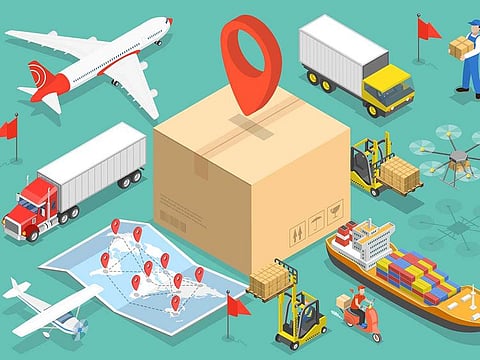UAE trade agreements with Turkey, Indonesia comes into effect
These are now the third and fourth CEPAs of the UAE to come into force

Dubai: The UAE on Thursday formally activated Comprehensive Economic Partnership Agreements (CEPA) with Turkey and Indonesia.
The UAE-Turkey CEPA, which has come into effect today, eliminates or reduces customs duties on 82 per cent of product lines, accounting for over 93 per cent of the value of bilateral non-oil trade. The agreement aims to enhance trade cooperation between the two nations, with projections indicating a potential increase in non-oil trade from $18.9 billion in 2022 to $40 billion within the next five years.
Turkey, identified as the fastest-growing among the UAE’s top ten trading partners in 2022, is expected to benefit from the liberalized trading environment facilitated by this agreement.
Simultaneously, the UAE-Indonesia CEPA has also been activated. The agreement, signed in Abu Dhabi in July 2022, seeks to boost bilateral non-oil trade, particularly focusing on priority sectors such as logistics, energy, food production, fintech, e-commerce, travel, and tourism. A key feature of the agreement is the exemption of more than 80 per cent of UAE exports to Indonesia from customs duties. This move is projected to elevate the value of bilateral non-oil trade from its current $4.08 billion to over $10 billion within the next five years.
The UAE-Indonesian economic partnership also seeks to develop the rapidly expanding Islamic economy, which is projected to reach $3.2 trillion by 2024.
“These agreements have been strategically crafted to invigorate and streamline the movement of non-oil trade, ensuring resilient supply chains and fostering opportunities for partnerships among the business communities in each partner country,” said Dr. Thani bin Ahmed Al Zeyoudi, Minister of State for Foreign Trade. “These agreements will act as catalysts for channeling investments into promising sectors including energy, logistics, tourism, the Islamic economy, agriculture, and more.”
These are now the third and fourth CEPAs of the UAE to come into force, following the ones with India and Israel.
Al Zeyoudi stressed that the Comprehensive Economic Partnership Agreements play a vital role in attaining the nation’s objectives, in particular the vision laid out in “We The UAE 2031”, which seeks to double the UAE’s non-oil foreign trade to Dh4 trillion and elevate national exports to Dh800 billion.







